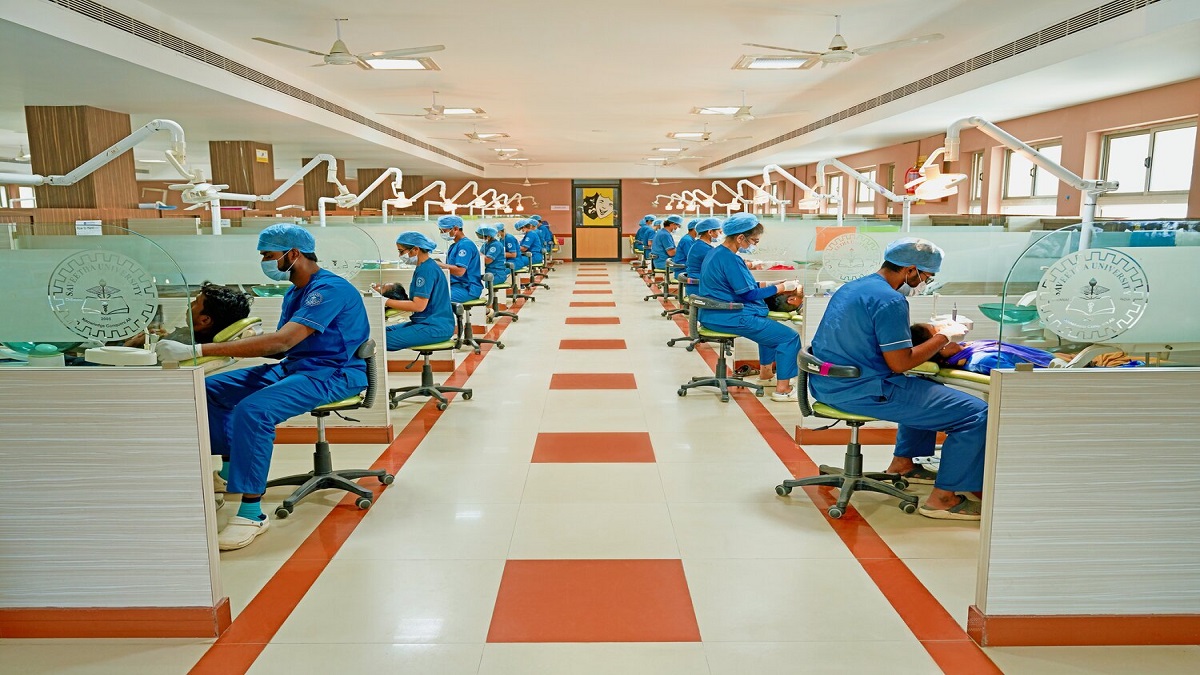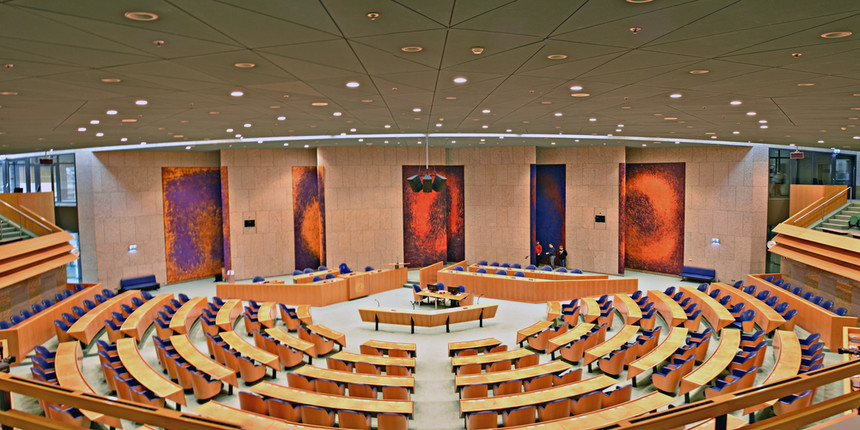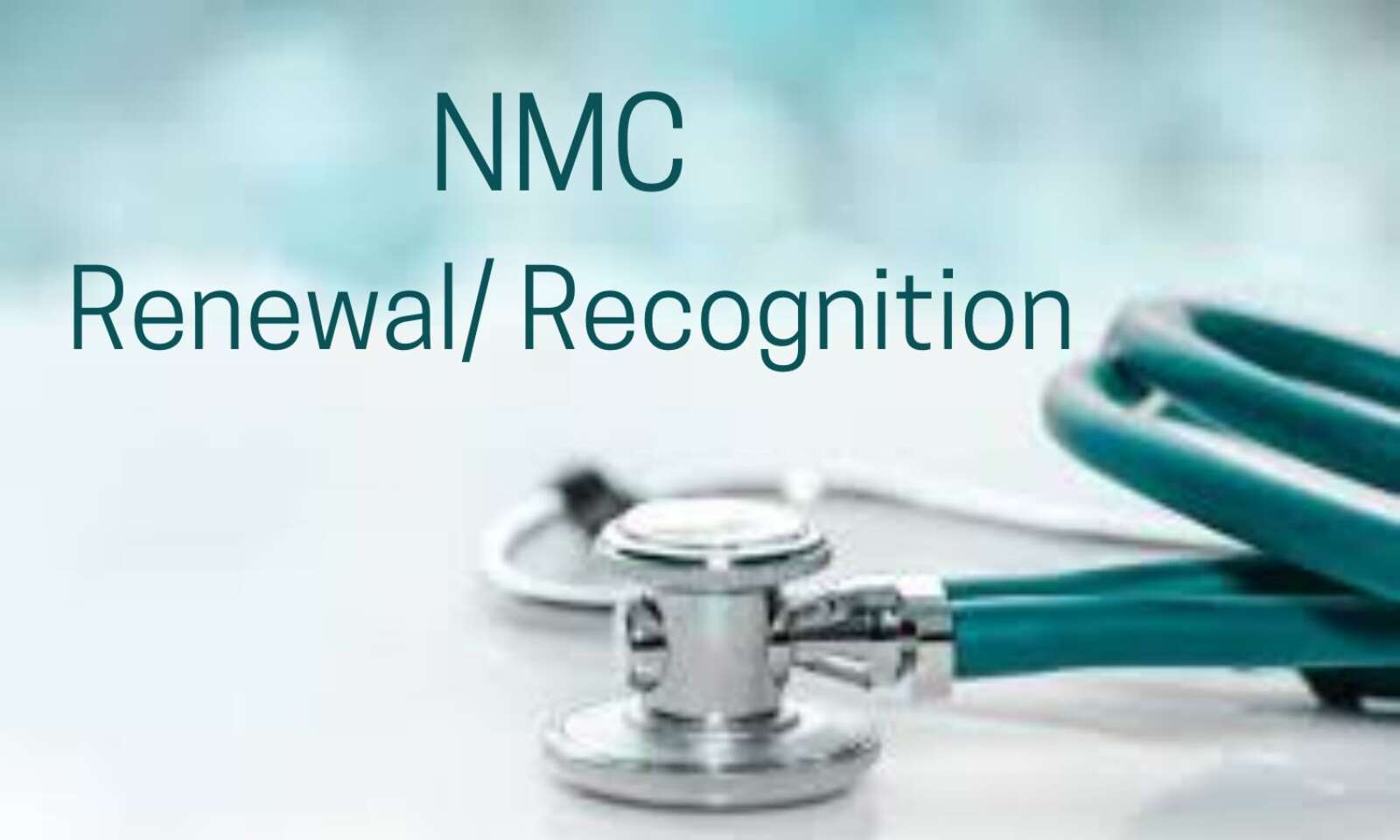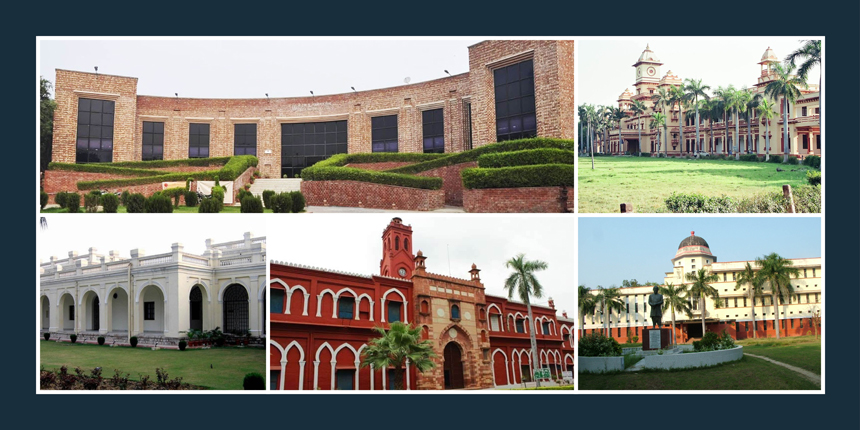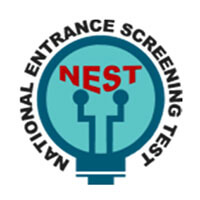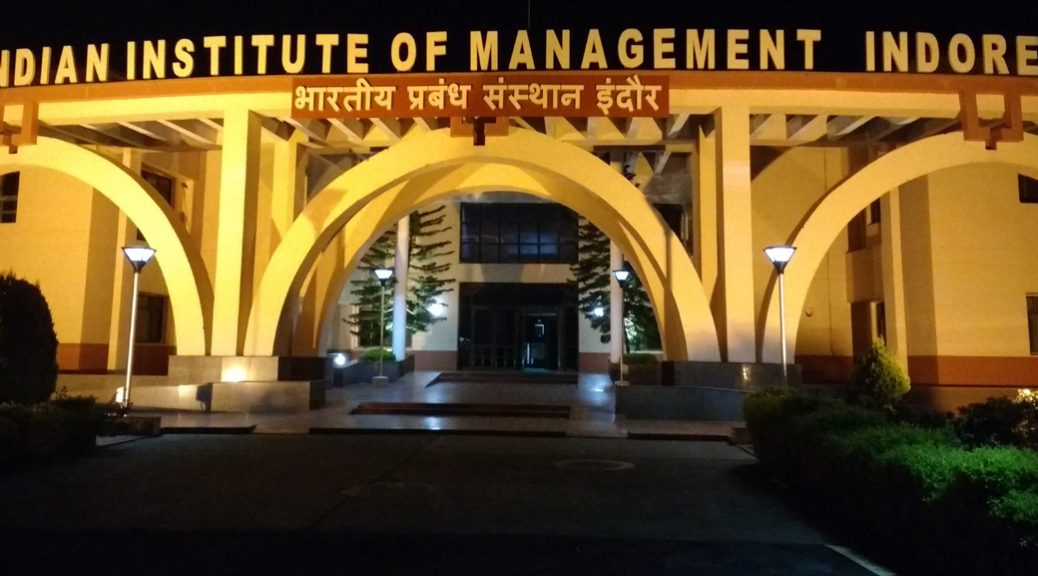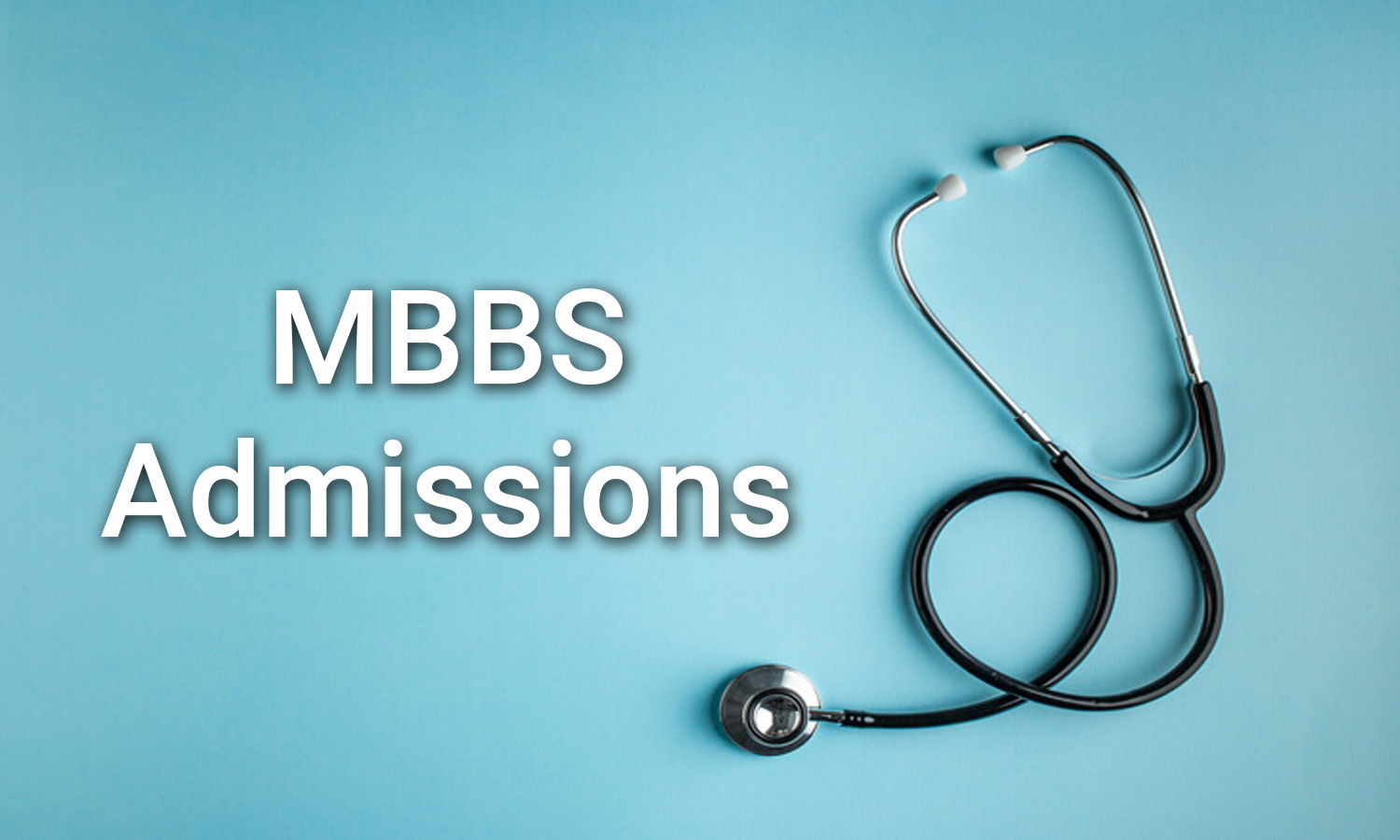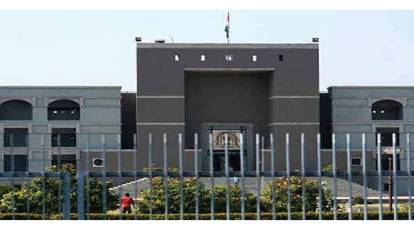Online registration for NEST 2023, which is for the academic session 2023-28, started on February 27th at 12:00 noon. The candidates will have time until May 17th, 2023, to complete the NEST 2023 registration and application process. The NEST 2023 exam dates and application form were announced by NISER and UM-DAE CEBS a week ago. The exam will take place on June 24th, 2023, at 120 centers across India in two sessions, from 9:00 AM to 12:30 PM and from 2:30 PM to 6:00 PM. Beginning with NEST 2023, the SMAS score of the best three subject scores from four subjects will be considered for the merit list preparation for both NISER and CEBS, unlike NEST 2022, where the SMAS of all four subjects were considered. It is also recommended that candidates review the NEST 2023 eligibility criteria before completing the application form.
NEST 2023 will be conducted in approximately 120 cities across India as a Computer-Based test. It will consist of four sections, each containing objective type (MCQ) questions worth 50 marks. The four sections will cover Biology, Chemistry, Mathematics, and Physics. The merit lists for both NISER and CEBS will be prepared based on the best three scores out of the four sections, and the section with the lowest score will be excluded. Therefore, attempting all sections will increase your chances of obtaining a better total score. It is advisable for candidates to attempt all sections. The duration of the exam will be three and a half hours.
What is NEST?
The National Entrance Screening Test (NEST) is an annual exam conducted jointly by the National Institute of Science Education and Research (NISER), Bhubaneswar, and the Department of Atomic Energy Center for Excellence in Basic Sciences (UM-DAE CEBS), Mumbai. The exam is conducted to offer admission to the Integrated MSc programs in various streams, including Biology, Chemistry, Mathematics, and Physics, offered by these two institutes.
- Biology
- Chemistry
- Mathematics
- Physics
NEST 2023 Dates
The complete schedule of NEST 2023 exam
| Dates |
Upcoming Exam Dates |
| 27 Feb ’23 – 17 May ’23 |
NEST 2023 Application Process |
| 12 Jun ’23 |
NEST 2023 Admit Card |
| 24 Jun ’23 |
NEST 2023 Exam Date |
| 10 Jul ’23 |
NEST 2023 Exam Result |
NEST 2023 Highlights
The following table outlines important features of the NEST 2023 exam.
| Particulars |
Details |
| Exam Name |
National Entrance Screening Test |
| Conducting Body |
NISER Bhubaneswar and UM-DAE CEBS Mumbai |
| Exam Level |
Undergraduate Exam at National Level |
| Exam Frequency |
Once a Year |
| Mode of Exam |
Online or Computer-Based Test (CBT) |
| Courses Offered Through Entrance Exam |
Integrated MSc |
| Exam Fees |
INR 1,200 (Male candidates of General and OBC categories)
INR 600 (Female candidates of all categories and male candidates of SC, ST and PwD categories) |
| Exam Duration |
3 hours and 30 minutes |
| Total Marks |
200 |
| Total Number of Questions |
68 |
| Marking Scheme |
+2.5 for each correct answer (MCQs)
+4 for each correct answer (MSQs)
-1 for each incorrect answer (MCQs)
0 for incorrect answer in MSQs and unattempted questions |
| Language/Medium of Questions |
English |
| Colleges Accepting NEST Score |
Visva Bharti University
Department of Atomic Energy Centre for Excellence in Basic Sciences, Mumbai University
NISER – National Institute of Science Education and Research |
| Total Number of Seats |
257 |
| Number of Exam Cities |
120 |
| Official Website |
https://www.nestexam.in/# |
| Contact Details |
Helpline Number – 022- 61087510
Email – [email protected] |
NEST 2023 Application Form and Process
The NEST 2023 application form and exam dates have been released by NISER and UM-DAE CEBS. The application form was made available on February 27, and the last date for submitting the online application form is May 17. Candidates can visit the official website, nestexam.in, to find all the essential information about the NEST 2023 examination and its complete process.
NEST Application fee:
Below are the details of the fee for filling out the online application form for NEST 2023.
| Category |
Fees (in INR) |
| Male candidates of Unreserved/ EWS/OBC category |
For Centers in India – 1,200 |
| Female candidates in the Unreserved/EWS/OBC category |
For Centers in India – 600 |
| SC/ST/PwD/Transgender category candidates |
For Centers in India – 600 |
To apply for NEST 2023, candidates had to visit the official website of the exam and fill out the application form online. The application process included registering with personal and educational details, filling in personal and academic information, selecting an exam city and course preferences, and uploading necessary documents. After completing the application form, candidates were required to pay the application fee online via credit/debit card, or net banking. The NEST 2023 application form was available from February 27 through May 17, the last date for submission.
NEST 2023 Eligibility Criteria-
Below is the list of criteria that are required for the eligibility of NEST 2023 exam:
| Eligibility Criteria |
Conditions |
| Age limit |
General and OBC category candidates born on or after August 1, 2003 are eligible for admission to the Integrated MSc programme of NISER/CEBS. The age limit is relaxed by five years for SC / ST, / Divyangjan candidates. |
| 12 Class Subjects |
Applicants should have Physics, Chemistry, Biology and Mathematics as mandatory subjects in class 12. |
| Minimum aggregate in 12 Class |
Candidates must secure at least 60 percent marks in aggregate or equivalent grade |
| For candidates belonging to scheduled castes (SC), scheduled tribes (ST) and Divyangjan categories |
The minimum requirement of marks is relaxed to 55 percent in aggregate or an equivalent grade in the class 12 examination. |
NEST 2023 Admission Process
The NEST 2023 admission process consists of five key steps
- Registration for the exam
- Filling out the application form and paying the application fee
- Appearing for the NEST 2023 exam and achieving the minimum qualifying marks
- Participating in the NEST counselling process by submitting the required documents and paying the admission fee
- Securing admission to the desired program.
NEST 2023 Exam Centres
Candidates who are planning to appear for NEST 2023 can choose up to five cities while filling out the application form as per their preferred NEST center location. The NEST 2023 Exam will be conducted in centers located in 120 cities across India. The exam authorities will try to allot the test center to the candidate as per their preference and availability. The final allotted test center will be mentioned on the NEST 2023 admit card. However, requests to change centers will not be entertained after the issuance of the admit card.
NEST Exam Pattern 2023
Below are the details for the NEST 2023 Exam Pattern:
| Mode Of Examination |
Computer -Based Test (CBT/online exam). |
| Question Type |
Multiple Choice Questions(MCQ) /Multiple Select Questions(MSQ) |
| Time Duration: |
3 hour and 30 minutes |
| Total marks |
200 marks. |
| Sections |
four sections(physics, chemistry, mathematics and biology.) |
NEST 2023 Admit Card
The NEST 2023 Admit Card will be available for download starting June 12 on the official website of the exam. Candidates must use their login credentials to access and download the admit card. The admit card is an essential document that contains vital information such as the candidate’s name, roll number, exam date and time, exam center address, and exam day instructions. It is mandatory for candidates to carry a printed copy of the admit card to the exam center along with a valid photo ID proof. Candidates must keep the admit card safe until the end of the admission process.
NEST 2023 Question Paper
NEST 2023 question paper will be released online on the official website after the commencement of the examination in the month of June. Question paper structure
Below is the table showing the basic structure of the examination:
| Section |
Subject |
Marks |
| I – Biology |
17 questions (12 MCQs + 5 MSQs) |
50 marks |
| II – Chemistry |
17 questions (12 MCQs + 5 MSQs) |
50 marks |
| III – Mathematics |
17 questions (12 MCQs + 5 MSQs) |
50 marks |
| IV – Physics |
17 questions (12 MCQs + 5 MSQs) |
50 marks |
| Total |
68 questions |
200 marks |
The NEST 2023 exam will be held in two shifts, implying that candidates should anticipate encountering two distinct sets of question papers during the exam.
The expected exam timings for both sessions of NEST 2023 will be as follows:
- Morning shift – From 9 am to 12:30 pm
- Evening shift – From 2.30 pm to 6:00 pm.
NEST 2023 Answer Key
The NEST 2023 answer keys are expected to be released in the fourth week of June, tentatively. The exam conducting authorities will send the answer keys to the registered email addresses of the candidates along with their answer scripts. With the help of the answer keys, candidates can check their responses and calculate their approximate scores, thus determining their chances of admission to the participating institutes. In case of any discrepancy in the answer keys, candidates can raise objections without paying any fee. The answer key for all four sections (Physics, Biology, Chemistry, and Mathematics) will be available in the same PDF file.
NEST 2023 Result
The NEST 2023 result is scheduled to be announced on July 10. The merit list/result of NEST 2023 will indicate the roll numbers and/or names of candidates who have successfully cleared the entrance exam for admission to the integrated MSc programs. Candidates can access their scorecards by logging in with their credentials. The scorecard will contain details such as sectional and overall scores, percentile, and All India Rank (AIR). Candidates should keep the scorecard safe until the entire NEST 2023 admission process is completed.
NEST 2023 Cutoff
The NEST 2023 cutoff marks will be released by NISER Bhubaneswar and CEBS Mumbai based on sessions, subjects, and categories. The cutoff will be available in two categories – Section-wise minimum admissible score (SMAS) and minimum admissible percentile (MAP). The SMAS refers to the sectional cutoff and will be calculated based on 20% of the average of the best 100 scores in each section. The SMAS for different sections can vary. In addition to the sectional cutoff, candidates are also required to clear the overall NEST 2023 cutoff percentile. The cutoff percentile for general category candidates is 95%, for OBC candidates, it is 90%, and for reserved categorycandidates,s it is 75%. This information is based on the analysis of the NEST 2022 cutoff.
NEST 2023 Counselling
Candidates who clear the NEST 2023 exam will be eligible to participate in the counselling process, which will be conducted in three rounds. During the counselling process, candidates will be required to upload their documents for verification by the officials, and seats will be allotted to them based on their merit. To complete the admission process, they will have to submit an Expression of Interest (EOI) and pay the admission fee. After the counselling process is complete, NISER Bhubaneswar and CEBS Mumbai will release separate merit lists for each institute.
NEST 2023 is conducted for admission to the five-year integrated MSc programme in Basic Sciences (Physics, Chemistry, Biology, and Mathematics) offered by both NISER and UM-DAE CEBS. The tentative number of seats available at each institute are provided below and are subject to change until the release of the NEST 2023 brochure:
| Category |
Seats at NISER |
Seats at UM-DAE CEBS |
| General |
101 |
23 |
| General-EWS |
0 |
6 |
| OBC (Non-Creamy Layer) |
54 |
15 |
| SC |
30 |
9 |
| ST |
15 |
4 |
| Divyangjan/PWD |
Five % of seats in each category |
Five % of seats in each category |
| Total |
200 |
57 |
Admissions at NISER, Bhubaneswar and UM-DAE CEBS, Mumbai are done based on candidates’ scores in NEST.




















